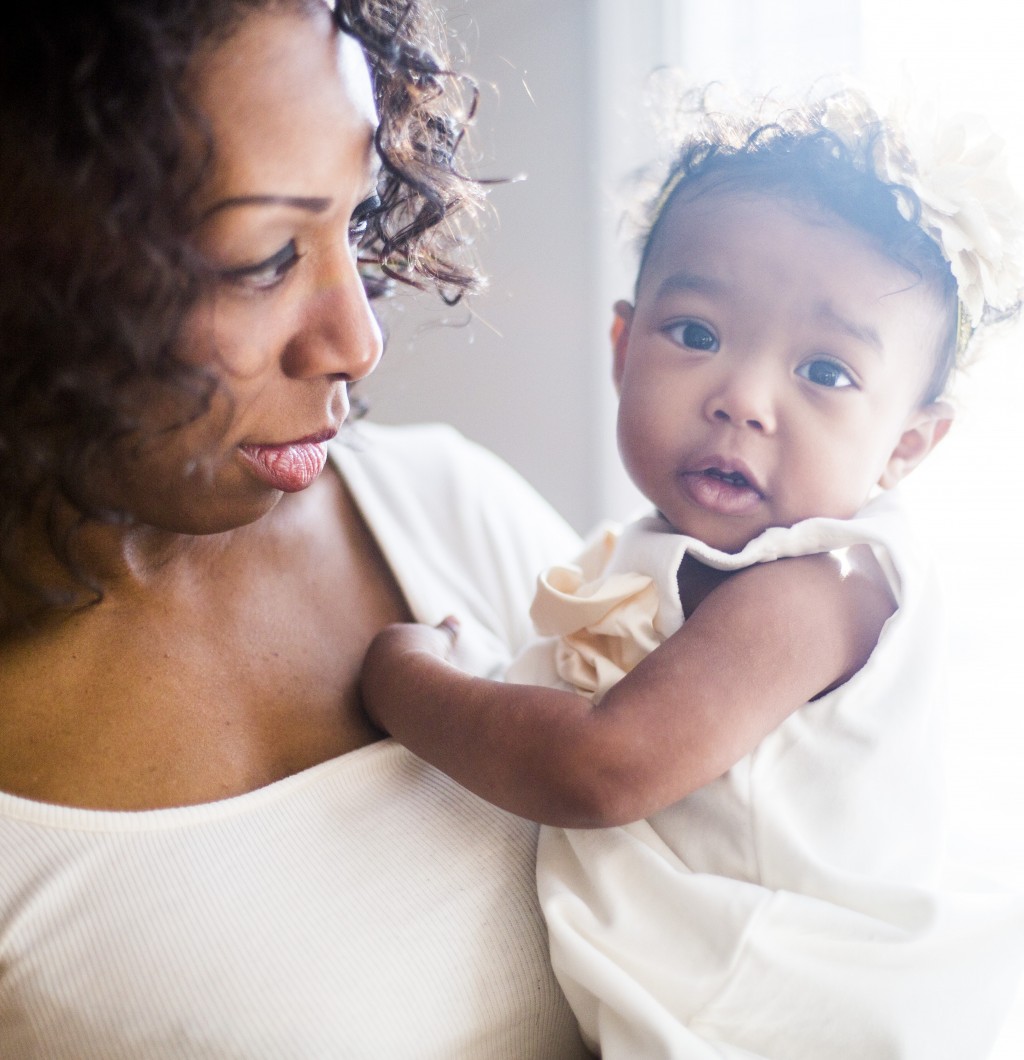Mothers & Others for Clean Air is honored to have The Emory University Nell Hodgson Woodruff School of Nursing represented on our Partnership Council. With the recent announcement of funding to create a children’s environmental health center at Emory, we wanted to learn more about the Emory School of Nursing and explore how their work complements Mothers & Others. Amy Dorrill, Associate Dean of Development and Alumni Relations, provided answers to our questions.
Mothers & Others for Clean Air approaches air pollution as a public health problem. What research activities are taking place at the Emory School of Nursing that relate to the impacts of environmental factors on health?
The Emory University Nell Hodgson Woodruff School of Nursing and Rollins School of Public Health, along with Emory College of Arts and Sciences, and Emory School of Medicine, were recently awarded a $5 million grant from the National Institute of Environmental Health Sciences (NIEHS) and the U.S. Environmental Protection Agency (EPA) to establish a children’s environmental health center. The Center aims to explore how environmental exposures, such as air pollutants and common chemicals found in consumer goods, personal care and food products, and other sources, incurred prior to conception, during prenatal development and postnatally, may affect infant health and development. Researchers are conducting several interdisciplinary studies to examine how these environmental factors may affect the microbes that reside in and on our bodies, called the microbiome, and how changes in the microbiome, through an established brain-gut axis, may influence birth outcomes and neurodevelopment in African American babies in Atlanta.
How does this research help us learn more about protecting the health of vulnerable groups, such as children or people in communities with environmental hazards?
The human microbiome is complex ecosystem comprised of trillions of microorganisms that perform functions essential for our survival. Each person’s microbial composition is as unique as their fingerprint. A growing body of evidence suggests that external environmental factors, including particulate matter and air pollution, may change the composition and function of these microbial systems, but how and why these changes may affect health and lead to disease later in life, is not well understood. Gaining better insight into these complex systems may help us better understand individuals’ susceptibility to certain exposures and enable more effective screenings and interventions. Our study is especially pertinent to Atlanta and to Georgia since it is currently focused on African American infants and families, who represent those most often exposed to toxicants in the air and soil and most likely to experience adverse maternal and infant health outcomes.

Mothers & Others for Clean Air believes that health care professionals like nurses can be some of the most compelling champions for air pollution and climate change mitigation. What does public health advocacy look like at the Emory School of Nursing? What resources are available for nursing students to learn about how to advocate for public health?
We live in an increasingly diverse and global community. The Emory University School of Nursing strives to develop nurse leaders who are culturally sensitive, informed of emerging health care needs, and poised to address health disparities at home and abroad. The School fosters a supportive environment for faculty and students to leverage their expertise to inform and shape policy – not about nursing but about improving health care in the United States and around the world. Programs like the School of Nursing’s Lillian Carter Center for Global Health and Social Responsibility, encourage students work collaboratively with other disciplines to improve health in local, regional, and international communities through education, research and service.
How can community organizations like Mothers & Others best work with research/teaching institutions on common goals?
How can we help bridge the gap between research and practice? Emory researchers work in collaboration across the university and with community partners, such as Emory Healthcare, Marcus Autism Center, Children’s Healthcare of Atlanta, Robert Wood Johnson Foundation, to address today’s most pressing health care needs and to accelerate the translation of research discoveries into advances that improve health and patient care. Emory also seeks to partner with individuals whose interests and passion align with the work of the researcher’s project. Emory’s Children’s Environmental Health Center is a good example of how Emory researchers and community partners work together to design and conduct research to address health challenges that matter to communities. Through the center’s Community Outreach and Translation Core (COTC), researchers maintain an environment of bi-directional communication and co-learning with the community. Comprised of experts from Atlanta-area nonprofit groups, such as Reaching Our Sisters Everywhere and the Center for Black Women’s Wellness, that serve African American women and families; local public schools; and the Morehouse School of Medicine, the COCTC guides center activities and ensures that research is conducted in a culturally-sensitive and respectful manner that aligns with the needs and interests of the African American community. The COTC provides critical links between community members and researchers at all stages of the investigative process – from identifying research topics, to participant recruitment, to dissemination of new findings. The ultimate goal is for the knowledge gained through the study to be practically applied in African American communities and sustained over time through community engagement, responsible policy, and effective clinical practice.





